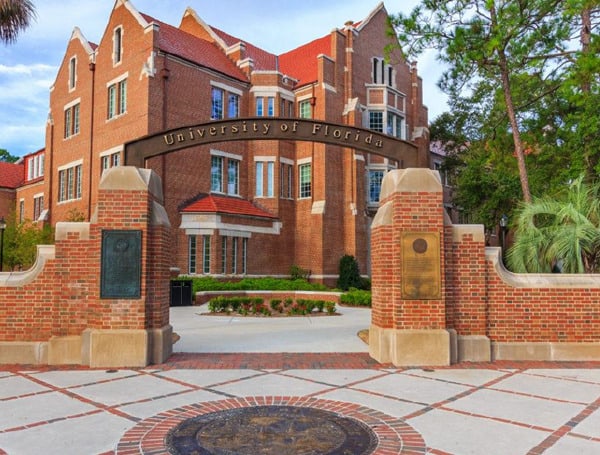University of Florida (UF) researchers are working with communities across Florida to enhance their resilience to a range of challenges, from hurricanes and extreme heat to poor air quality and limited access to healthcare.
According to a report by Eric Hamilton at UF, the work of the Florida Institute for Built Environment Resilience (FIBER), a research institute within UF’s College of Design, Construction, and Planning, is playing a key role in these efforts.
When Hurricane Idalia struck Florida’s Big Bend region in 2023, researchers led by Jeff Carney, a UF professor of architecture and FIBER director, were able to apply their prior work in Cedar Key. Carney’s team had collaborated with the vulnerable Gulf island community to model potential flooding from major storms.
READ: UF/IFAS Study Shows Telehealth Bridges Healthcare Gap In Rural Florida
Carney noted that Idalia’s flooding matched their predictions, impacting critical areas like city hall, the historic downtown, older homes, and streets. Following the storm, Cedar Key relocated its city hall to higher ground, a move recommended by the researchers’ plan.
This proactive approach proved beneficial when Cedar Key faced even greater challenges from Hurricane Helene just a year later. Between the two storms, Carney’s group had worked with the city to refine their resilience plans, focusing on projects like improved drainage. Cedar Key finalized these plans shortly before Helene’s arrival.
FIBER’s work recognizes that certain populations in Florida are especially vulnerable to environmental hazards and disasters. The article highlights that older and poorer Floridians often face increased risks.
In the case of Cedar Key, while the community relies on aquaculture and tourism, approximately 13% of its nearly 1,000 full-time residents are considered financially disadvantaged, according to U.S. Census data. These residents may have limited options to relocate after a storm due to financial constraints and local job ties.
READ: Everglades Farmers Gain Powerful Ally In Disease Control With New UF/IFAS Plant Pathologist
Carney’s team assists these communities by providing a vision for rebuilding that incorporates resilience to future challenges, such as rising sea levels.
UF research is also addressing healthcare access disparities. Yan Wang, a UF professor of urban and regional planning, and postdoctoral researcher Shangde Gao, Ph.D., found that older adults with lower incomes and poorer health often move to areas with fewer healthcare resources.
Wang and Gao’s study revealed that these seniors are more likely to end up in neighborhoods with limited access to healthcare facilities.
To address this issue, UF Health has initiated mobile health units, including the Mobile Outreach Clinic (providing primary care and specialist referrals) and a mobile cancer screening vehicle (serving North and Central Florida).
FIBER’s work extends to improving the safety and health of homes, particularly in the Historic Eastside of Jacksonville.
READ: Two UF/IFAS-Bred Strawberries Better At Resisting Nasty Pest
The Restore and Repair for Resiliency (R3) initiative, a collaborative home remodeling program, aims to keep longtime residents in their homes while mitigating home hazards. FIBER research, led by Lisa Platt, an assistant professor of interior design, informs the program by analyzing the impact of housing quality on residents’ health.
Jacksonville’s Eastside has a high proportion of older residents (approximately 75% over 60) and a poverty rate exceeding 40%. Many homes in the area are over a century old and struggle to provide adequate protection from Florida’s heat and humidity.
Platt’s research has shown a link between high heat days and increased emergency room visits and poorer health outcomes. This research guides the R3 initiative in prioritizing home improvements such as air conditioning and better insulation.
The Jacksonville program is currently renovating up to 70 homes, addressing issues like roof damage and inadequate windows. The R3 initiative is now seeking federal grants to expand its reach.
“Community members have amazing expertise. I always say, ‘I can build models to analyze the problem, but you are the ones that are the experts.’ That’s where UF can be most useful, is coming in from a perspective of service,” said Platt.
Please make a small donation to the Tampa Free Press to help sustain independent journalism. Your contribution enables us to continue delivering high-quality, local, and national news coverage.
Connect with us: Follow the Tampa Free Press on Facebook and Twitter for breaking news and updates.
Sign up: Subscribe to our free newsletter for a curated selection of top stories delivered straight to your inbox.

